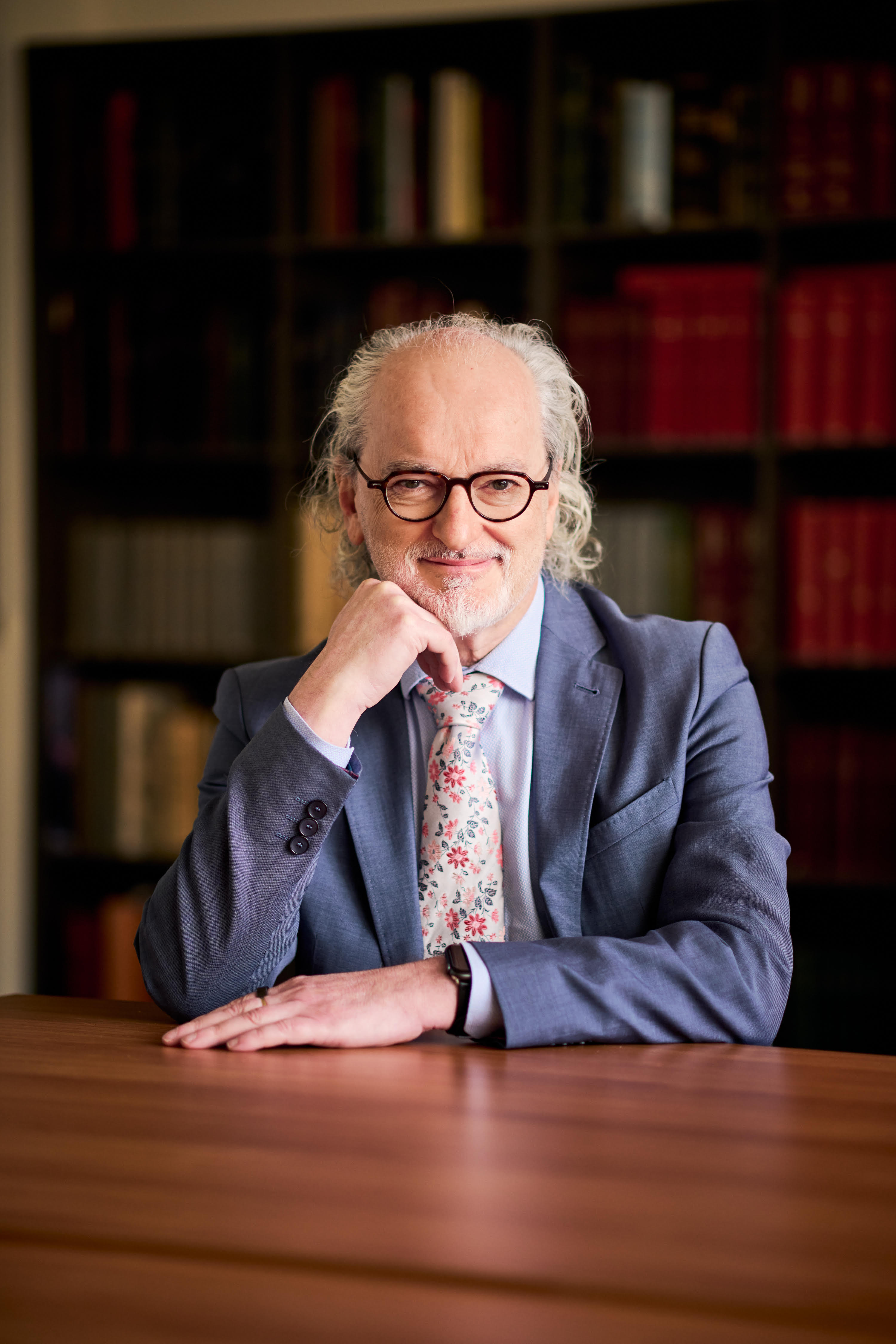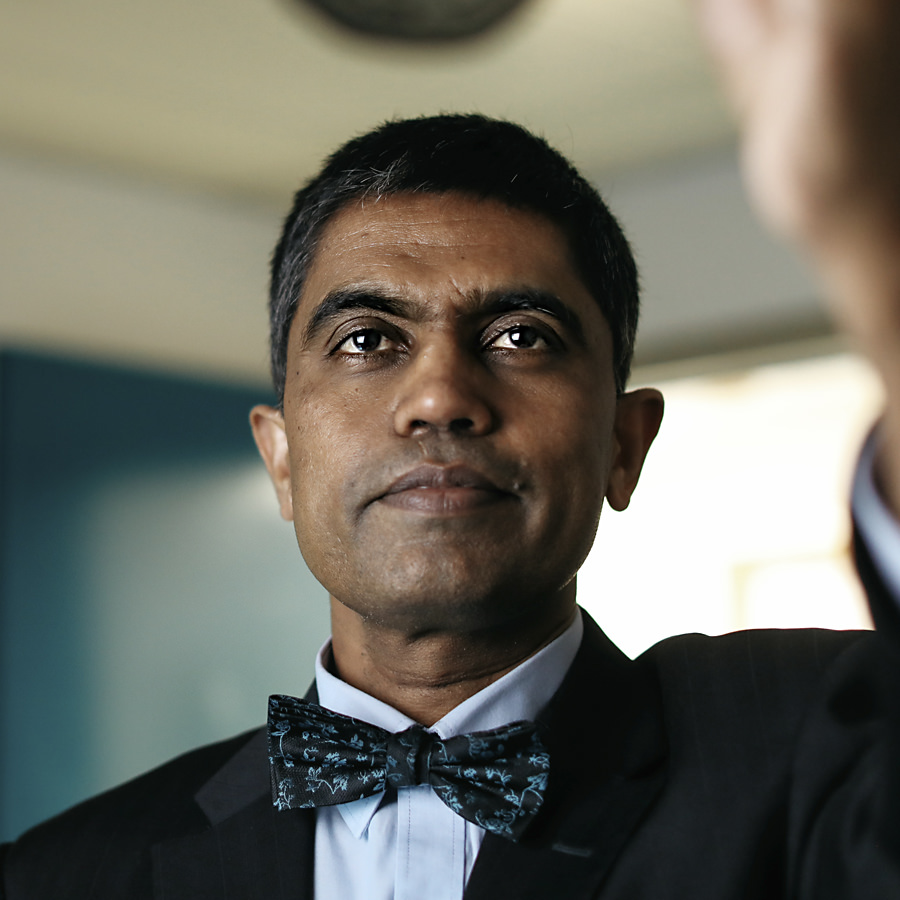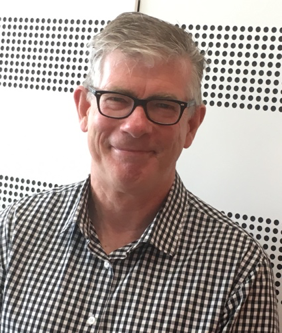A number of neurologists have been recognised for their contributions to the specialty in the Australia Day Honours.
Award recipients included Professor Steven Collins, Professor Mark Cook and Professor Tissa Wijeratne, clinicians and researchers with a wide range of interests and skills, highlighting the breadth of neurology as a specialty.
Professor Mark Cook was made an Officer of the Order of Australia (AO) “for distinguished service to neurological medicine and research through contributions to the treatment of epilepsy”.
The University of Melbourne biomedical engineering professor, Director of the Graeme Clark Institute and Sir John Eccles Chair of Medicine since 2013, Professor Cook has built a global reputation for his research, particularly focussing on treatment and seizure prediction in epilepsy.

Professor Mark Cook
He says it’s an interest that began early in life with a deeply personal genesis, when his father developed the condition.
“It was a real problem for him managing it, so that was a pretty strong motivation for me and I was always interested to see if I could get into that area,” he tells the limbic.
Currently Director of Neurology at St Vincent’s Hospital, he was chair of the Epilepsy Foundation for 20 years and spent much of his career working on surgical management of epilepsy and developing new techniques to improve outcomes.
In recent years, that’s also included novel technologies like intraventricular drug deliver for people with epilepsy that cannot be treated with surgical methods.
“My really big interest has been seizure prediction devices and we did a study over 10 years ago now where we did an implanted device that predicted epileptic seizures and that was quite revolutionary,” he said.
The author and co-author of more than 400 academic works which have been cited over 10,000 times, Professor Cook has been chief investigator of 19 NHMRC funded grants since 1997 and seven projects funded by the Australian Research Council.
His team has since been developing a less invasive implantable system called Epi Minder to continuously record the brain’s electrical activity with the hope it will more accurately recognise seizure activity.
“I think what has made me different has been my interest in engineering, which isn’t something that many neurologists are involved in,” he said.
“That’s why I’ve been working to establish a bioengineering institute at St Vincent’s Hospital. Called the Aikenhead Centre, it is Australia’s first collaborative, hospital-based biomedical engineering research centre”
Also named in the honours list was Professor Tissa Wijeratne, who received an Order of Australia Medal (OAM) for “service to medicine as a neurologist”.
Born in rural Sri Lanka, Professor Wijeratne’s story is a remarkable one, from self-described “jungle boy” to senior neurologist and researcher in Melbourne.
“When I was young, I never thought it was possible for someone like me to become a doctor – let alone a neurologist – because of my background. My family were farmers and no one had been to university,” he tells the limbic.

Professor Tissa Wijeratne
With no electricity, TV or hot water at home, his ticket to a different life came when he aced his university entrance exam, gaining good enough marks to win a place at medical school.
He says the news was so surprising that when he told his mother she dismissed, believing he was joking, and demanded he immediately go outside and plant potatoes.
Despite these challenges, he thrived in medicine, quickly developing an interest in neurology, but it wasn’t long before life threw him a new curveball, falling in love with an Australian doctor.
They married, but she was unable to practice in Sri Lanka, so despite having no Australian registration, Dr Wijeratne made the difficult decision to move – eventually taking up a post at Royal Adelaide Hospital.
Fast forward and he is now neurology department chair and director of stroke services in the Neuroscience Research Unit at Western Health, and director of academic affairs and international affairs at the University of Melbourne.
Professor Wijeratne is also first Sri Lankan-born neurologist to lead an academic neurology department in Australia, although he regularly returns to the land of his birth to teach.
He says he loves his work, particularly in the cultural and linguistic melting pot of western Melbourne.
“Our patients speak 166 languages. You don’t have anything like this anywhere else in the world,” he says.
“That diversity can be tricky and challenging, but it is also an opportunity. Every week I’m learning a new language and hearing about a new culture.”
Also in Victoria, Professor Steven Collins was granted an AO for “distinguished service to medical and health science research, particularly in the field of prion disease”.

Professor Steven Collins
A consultant neurologist at St Vincent’s Hospital Melbourne since 1993, Professor Collins is particularly well known for his research into Creutzfeldt-Jakob Disease (CJD).
He has directed the Australian National CJD registry since 2004, been the medical director of the CJD Support Group Network since 20019 and sat on the boards of multiple international organisations focussed on the condition.
Professor Collins has also published over 225 journal articles and scholarly works as author and co-author, according to his official citation.
Each year, the limbic scours the lists for specialists joining the Order of Australia honours. If you believe someone has been left off, please get in touch at [email protected]